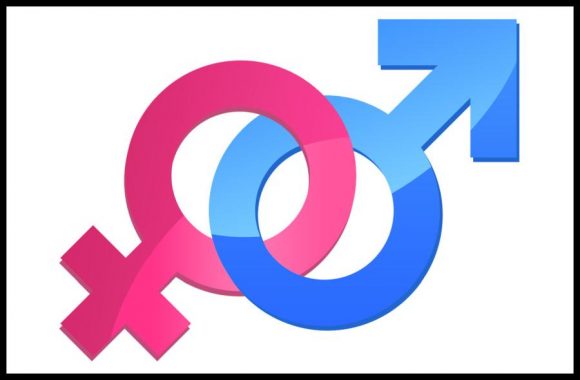It is said that there are many differences between men and women in terms of personality traits. What does the research on this issue show?
Personality, perception and behavior differences between men and women are among the most spoken and written topics. Although differences between the two genders are physically apparent, psychological differences are much more complex and controversial. It is difficult to measure these differences reliably. Even if psychologists find these criteria, there is still debate about the source of such differences: are they innate, biological differences, or social, cultural, shaped by society?
In 2001, 23,000 women and men from 26 different cultures found themselves generally warmer, more sensitive and anxious than men. In these surveys, men evaluated themselves as more assertive and open to new ideas.
Compatibility and emotional instability
In the classification of personality traits, women scored higher in one area of being open to new experiences with compatibility and emotional imbalance (neuroticism), while men scored higher in one area of extroversion and openness to new experiences.
In another survey conducted with 17,000 people from 55 different cultures in 2008, people were asked to evaluate their characteristics in a questionnaire, and this time women scored more points in the areas of warmth and collective living, as well as being attentive and merciful and extroversion. .
But these surveys were criticized for the fact that people were evaluating themselves and that they might respond in the same way that society expected them to. However, in another study where these evaluations were made by others, similar results were obtained.
In another study conducted in 2013, it was observed that the personality traits of the genders began to differentiate from an early age. When 357 twin brothers were evaluated at the age of three, it was observed that boys had a more active aspect and girls had a more shy side to control their behavior.
Evolutionary factors
These different features that appear at an early age continue in later ages. Evolutionary psychologists believe that these findings coincide with the history of human evolution, and that the psychological characteristics of today’s men and women reflect the survival of our ancestors.
For example, as the maternal characteristics of women are necessary for the care of weak children, the fact that men are more courageous and brash may have served to increase their chances of matching. Thus, these characteristics are transferred from generation to generation.
However, some experts object to the fact that human behavior is explained only by biological factors and that social and cultural factors have an impact on our behavior.
Survey methods
It is true that these social factors are also effective. However, in some studies, in developed regions such as Europe and America where gender equality is more developed, it is seen that the difference in average personality traits between men and women is much more pronounced than in Asia and Africa, where gender equality is less.
One reason may be that conscious prejudices are effective in standardized surveys. In the tests that people have to answer without thinking, personality differences between men and women are reduced to one third. However, even in this case, women get more points in terms of emotional imbalance and compatibility characteristics.
In other words, personality differences between the genders persist at the subconscious level; however, in the tests based on one’s own assessment, the differences between the genders are more likely, perhaps driven by cultural expectations.
Understanding the differences
In the studies where personality traits were more detailed, it was seen that women recorded more points than men in areas such as eagerness, compassion, kindness, regularity, imbalance, introvertedness, openness to new ones, and men scored more in terms of being assertive, hardworking and intelligence.
However, these differences are not very clear, small and medium level of occurrence is stated. In addition, these differences can affect people’s life choices and general health. Understanding them is important in creating equal opportunities for everyone and in addressing mental health problems. For example, higher emotional imbalance among women may be related to the prevalence of depression among women.
Views: 138





